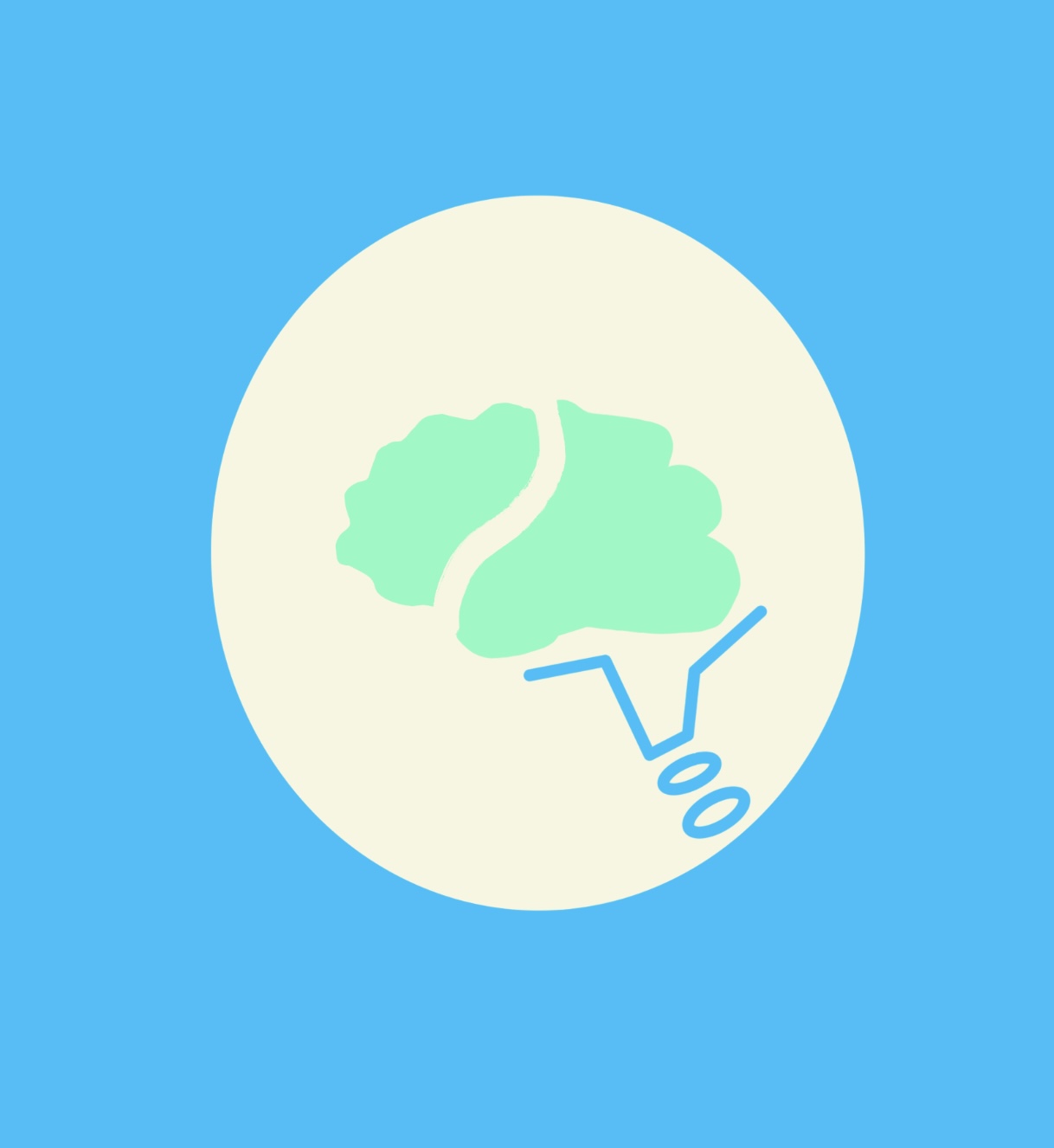By Cina Huston
There are around 6,000 rare diseases that have been established globally. This statistic rounds to about 3.5-5.9% of the global population being affected. Though these disorders don’t present themselves in day-to-day life, their effects often involve prolonged and difficult diagnoses that can take years from symptom onset. This timeline is referred to as the “diagnostic odyssey” this term referring to one of the main motivators for advancements in rare brain disorders research. The period of the odyssey often foresees misdiagnosis, unnecessary testing, and extended suffering due to a lack of awareness of rare brain disorders in the medical field. This gap in awareness and knowledge prevalence and limited academic training opportunities for clinicians contribute to delays in diagnosis, many not seeing the field as either “profitable” or “realistic” due to geographic distance of research, lack of communication between countries’ findings, and ethics in testing small patient populations.
Not only is diagnosis costly to a patient’s mental and physical health, but diagnosis for such disorders is also only increasing, with the United Kingdom (NHS) alone spending upwards of £3.4 billion over the past 10 years on attempts to find treatment for rare disorders. These drastic costs dont not only fall on big corporations, but patients as well. Many faced with rare diseases visit hospitals more frequently and incur higher resource and treatment costs than the general population, contributing to an average difference of over £7,000 per individual. This expanded cost directly relates to gaps in knowledge due to the small participant population size, where confusion in the medical field led 61.7% of patients to see ≥4 specialists, 13.6% to see ≥10 specialists, and 38.3% to visit ≤3 specialists.
There is an obvious gap regarding evidence-based guidance on recognizing and treating rare brain diseases, and such opportunities require modern solutions, which is where a new perspective on clinical trials could be a solution.
MORE COMING SOON
Sources
https://www.google.com/url?q=https://link.springer.com/article/10.1186/s13023-024-03143-8&sa=D&source=docs&ust=1739741455583716&usg=AOvVaw1I_qMjVZZSbQKZHgZRuJpQ
https://www.genomicseducation.hee.nhs.uk/genotes/knowledge-hub/the-diagnostic-odyssey-in-rare-disease/#:~:text=The%20%27diagnostic%20odyssey%27%20is%20a,%2C%20on%20average%2C%205.6%20years
